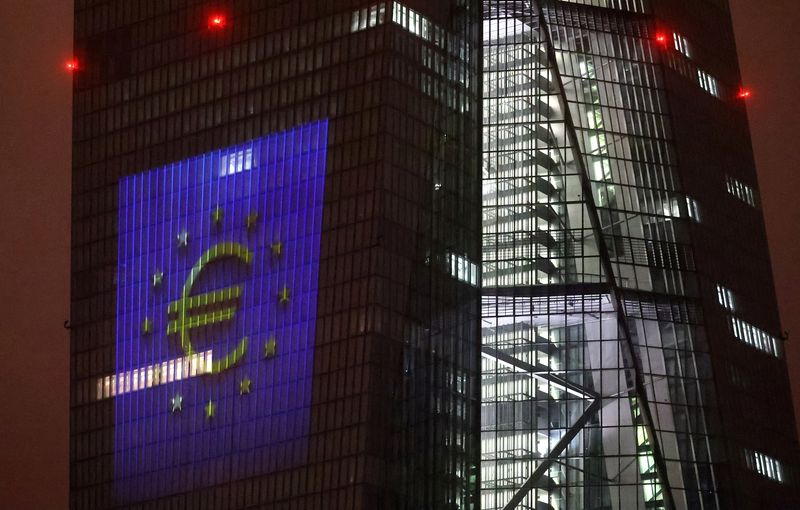Is this U.S.-China selloff a buy? A top Wall Street voice weighs in
By Scott Kanowsky
Investing.com -- Inflation in the Eurozone slowed by more than expected in January, according to preliminary data from Eurostat, although the figures only include an estimate of price growth in the bloc's biggest economy Germany.
The Eurozone consumer price index dropped by 0.4% month-on-month during the period, matching the decrease seen in December. Economists had forecast a decline of 0.3%.
On an annual basis, the rate of inflation decelerated to 8.5%, down from 9.2% in the prior month and below economists' predictions of 9.0%. The reading peaked at a euro-era high of 10.6% in October.
Undergirding this decline was a 0.9% dip in monthly energy price growth, as many European countries are experiencing a milder winter than had been initially anticipated. Energy prices in the Eurozone are still elevated annually, rising by 17.2%.
Meanwhile, yearly core inflation, which strips volatile items like food and energy, remained unchanged at 5.2%. Economists had predicted that the number would accelerate to 5.4%.
But the January release does not take into account crucial inflation figures from Germany, relying instead on Eurostat's own estimates. The country's statistics agency unexpectedly delayed the release of its own data until next week, citing technical issues.
This is likely to somewhat frustrate efforts by the European Central Bank to determine if inflation in the Eurozone may have peaked ahead of its latest interest rate decision on Thursday.
Members are widely tipped to raise borrowing costs by 50 basis points. ECB president Christine Lagarde vowed last month to "stay the course" on a recent monetary policy tightening cycle that aims to quell Eurozone inflation that she has described as "way too high."
The ECB raised its key deposit rate, which forms a floor for euro money market rates, by 2.5% last year as inflation took off, ending an eight-year experiment with negative interest rates and increasing volumes of quantitative stimulus.
